Ubisoft serves as a cautionary tale of a creative studio getting too big for its own good. After years of bland 100-hour sandboxes, the company is beginning to feel the goodwill it amassed in its early years start to run out, leading it to finally ask the important question: why?
Well, Star Wars Outlaws seems like a good place to start. Touted as the first open-world Star Wars game ever (debatable), its checklist of samey missions and activities was as massively inflated as its budget, and it seemed to mark a real turning point in Ubisoft’s perception as a game company. Critics and fans alike were lukewarm on the game, but far more importantly to the suits in charge, it failed to meet sales expectations. In response, Ubisoft has launched a massive internal review to find out what exactly is going wrong behind closed doors.
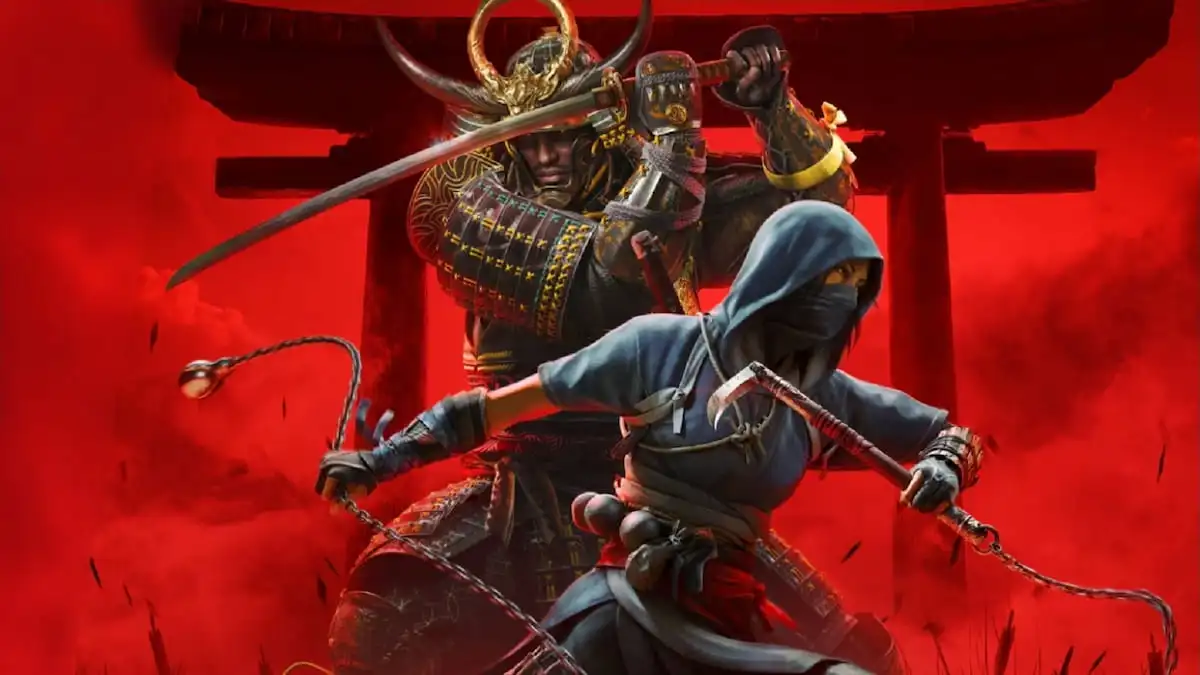
A recent press release from Ubisoft explained the decision in a bit more detail, admitting that Outlaws sales were “softer than expected” and that it plans to put more time and resources into polishing the game post-launch. CEO Yves Guillemot further explained that Ubisoft would be launching a large-scale internal review “aimed at further improving our execution, notably in this player-centric approach, and
accelerating our strategic path towards a higher performing model to the benefit of our
stakeholders and shareholders.”
Notably, Ubisoft is a games company, which perhaps begs the question of why they haven’t used a “player-centric approach” before now. There’s millions in investigation costs saved for you right there, Yves. Regardless, Assassins Creed Shadows‘ delay for further polish, move away from the Season Pass model, and day one Steam launch were also explained to be part of this shift in the company. Given Ubisoft’s track record, this feels downright radical, though it may also be too little, too late.
Still, even a fleeting moment of self-awareness from a massive studio like this is to be celebrated. While it’s extremely unlikely that it’ll immediately go back to putting out fresh, creative games on a smaller scale like Rayman, Lumines or the first Assassin’s Creed (as bizarre as that feels to write), and while this move is almost certainly motivated by its tanking stock price rather than any real concern for player experience, one can only hope that this moment of introspection will stick.
Realistically, though? This investigation probably just means more layoffs.


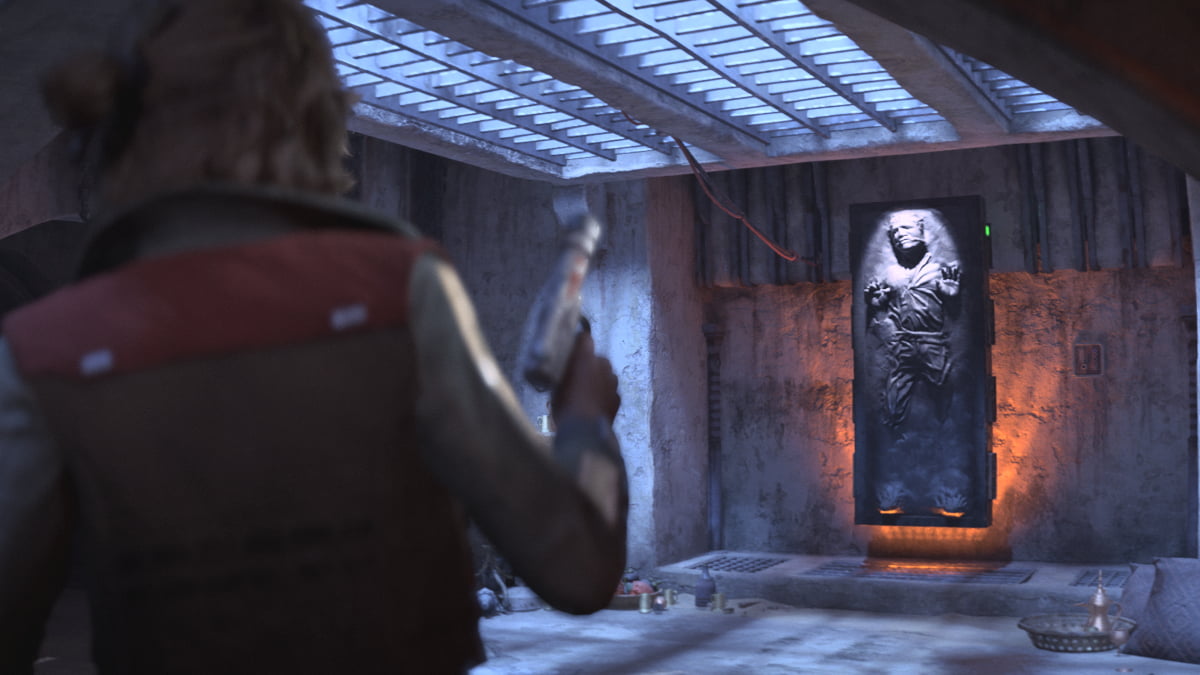
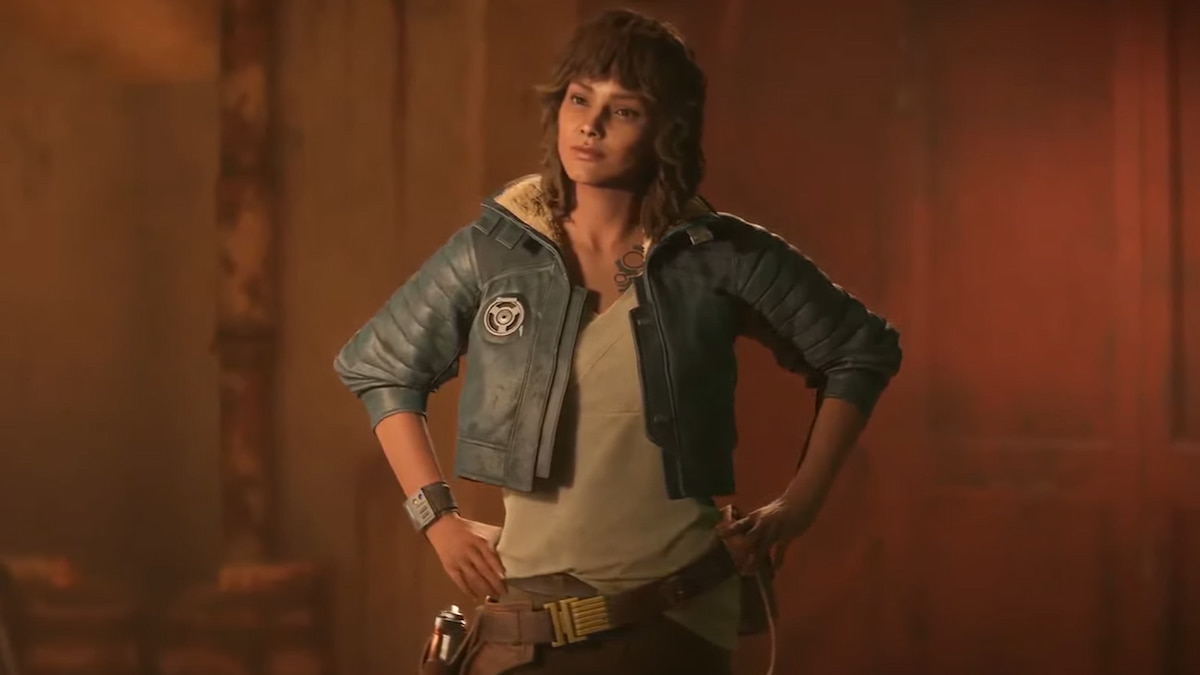
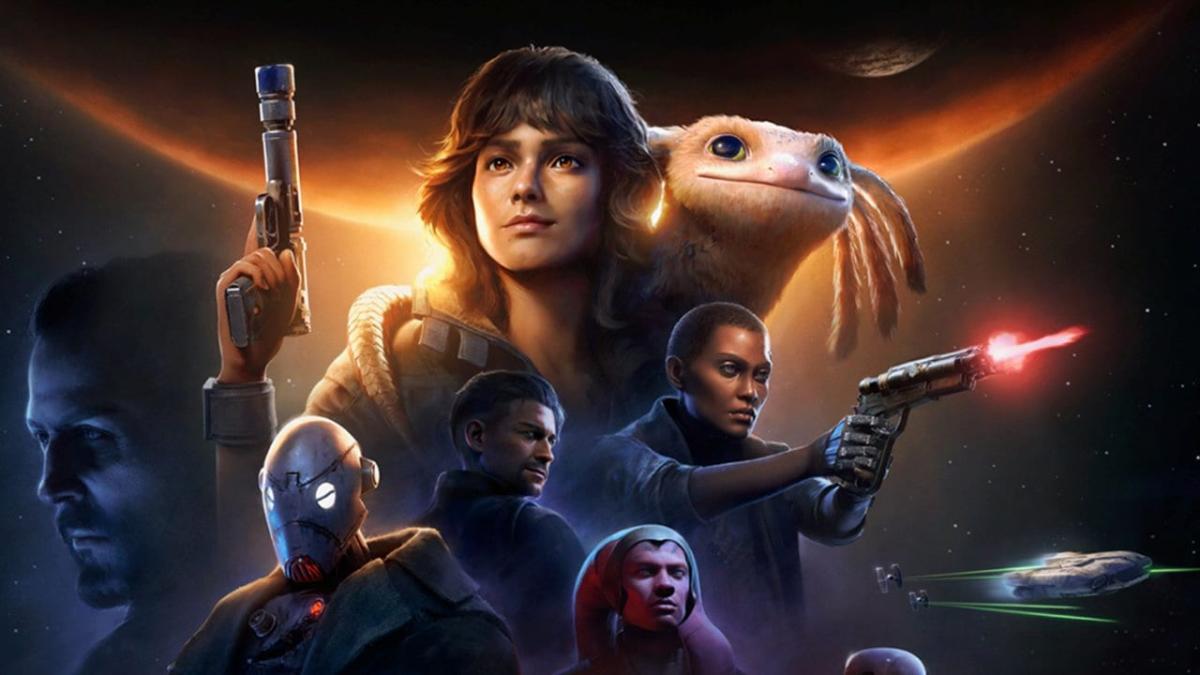
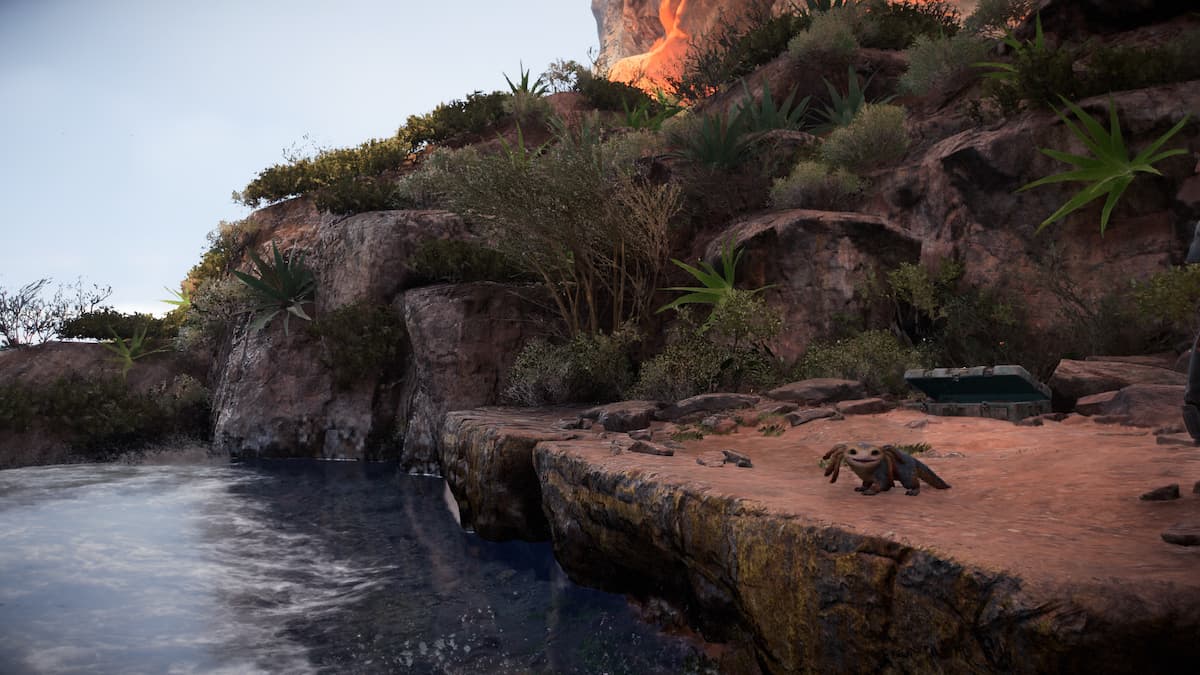
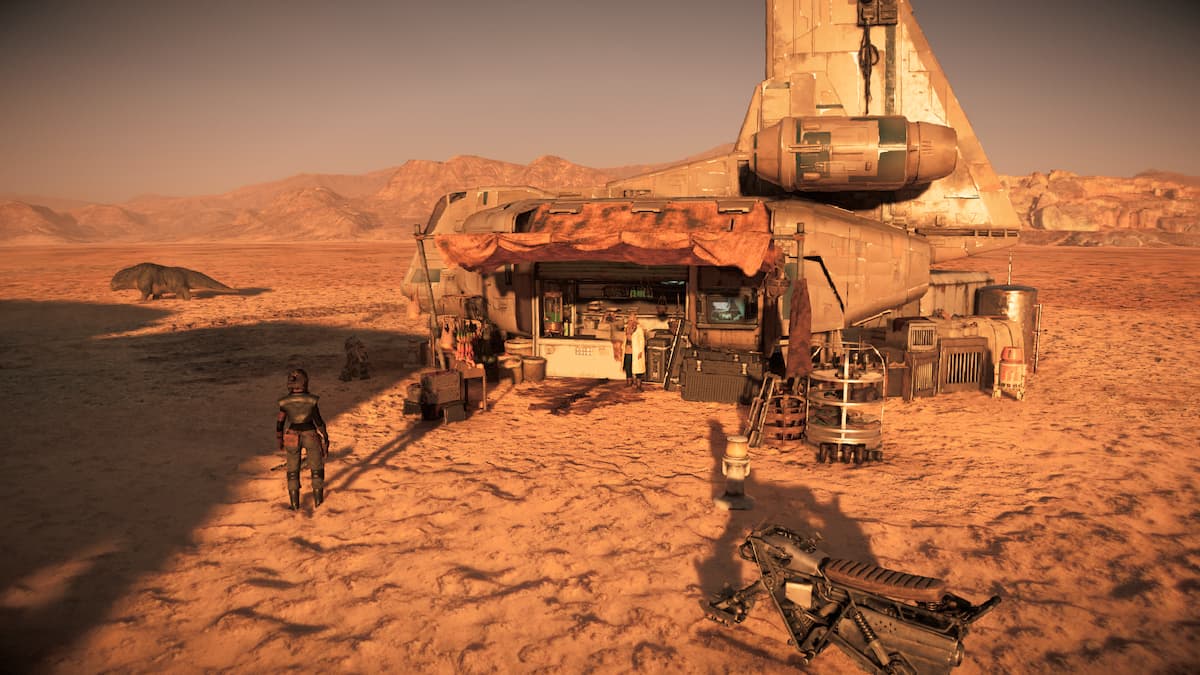
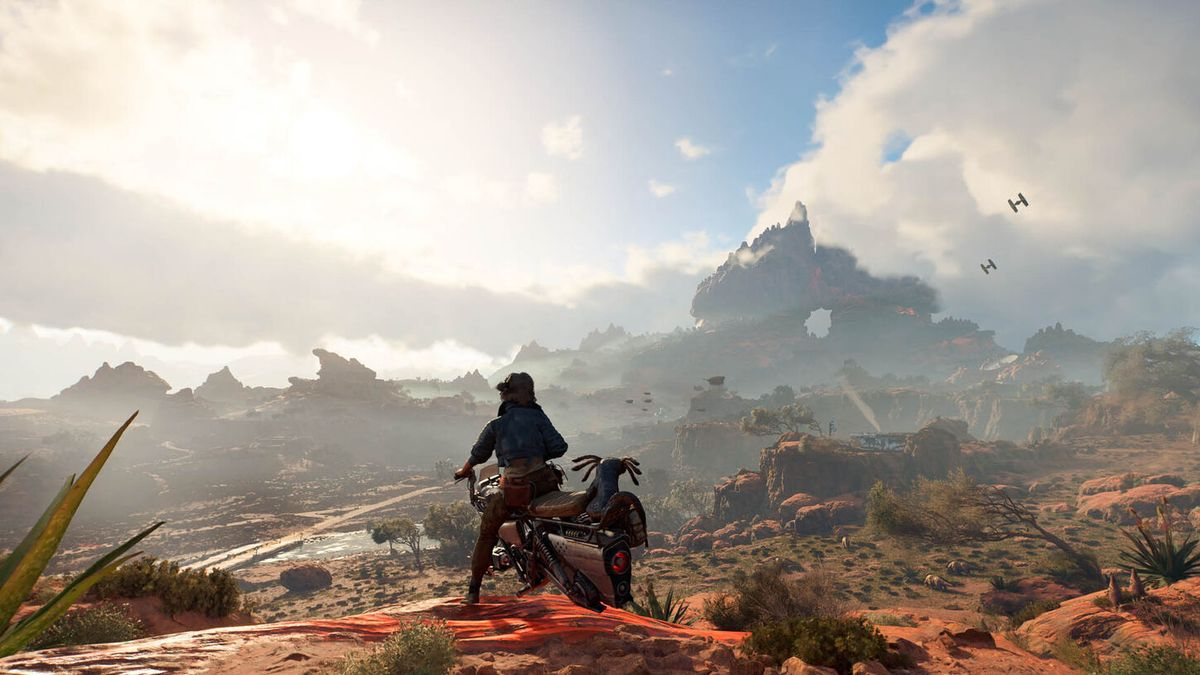
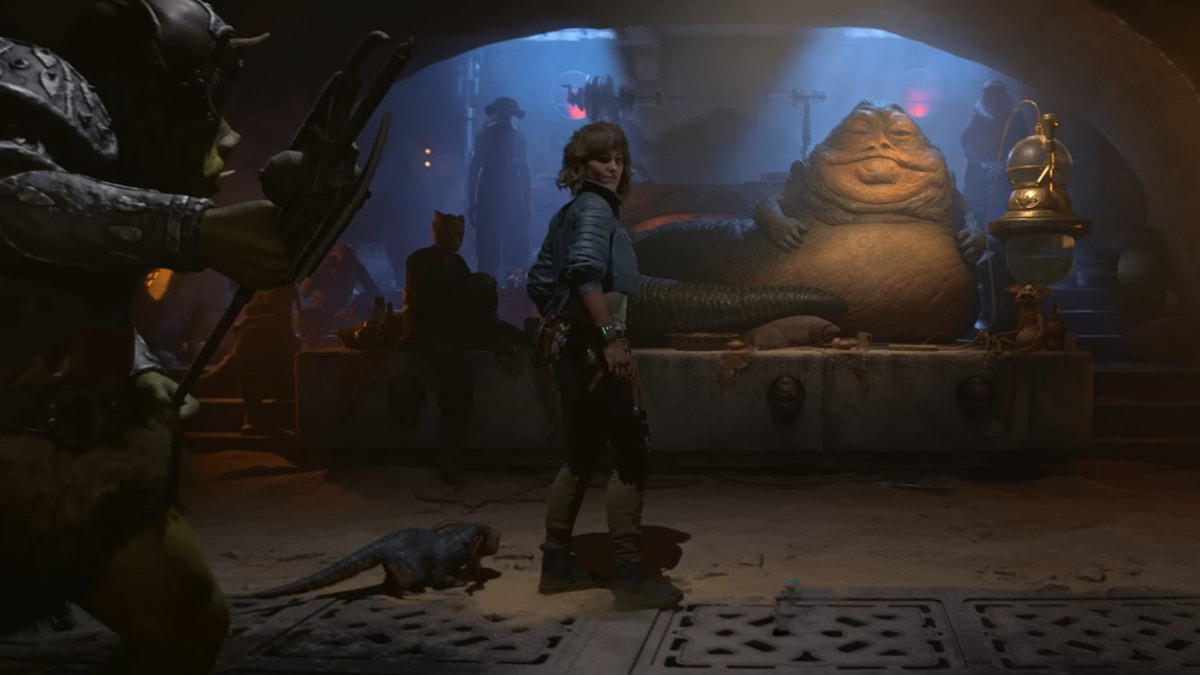
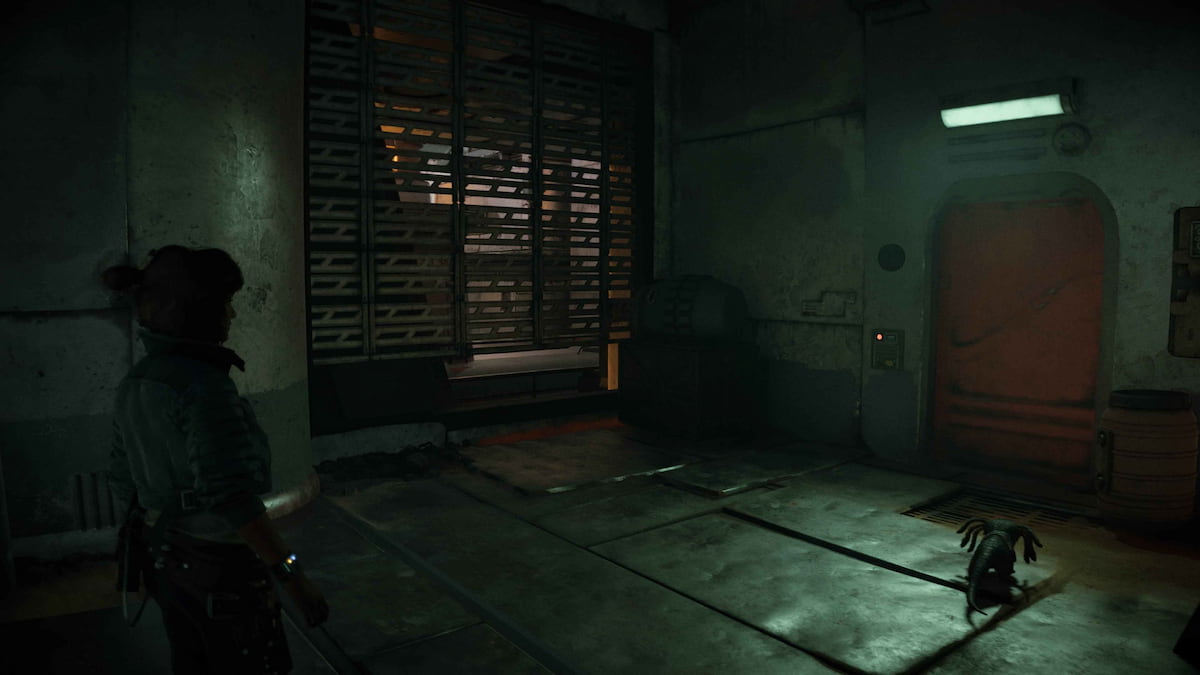
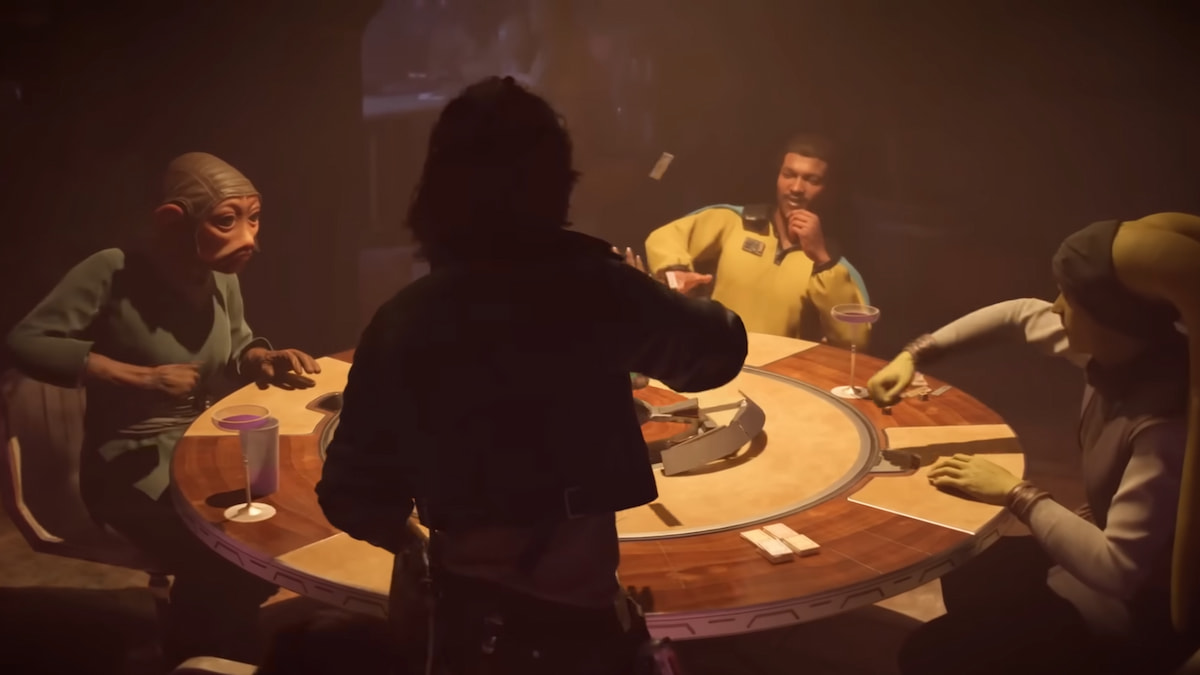

Published: Sep 25, 2024 05:15 pm